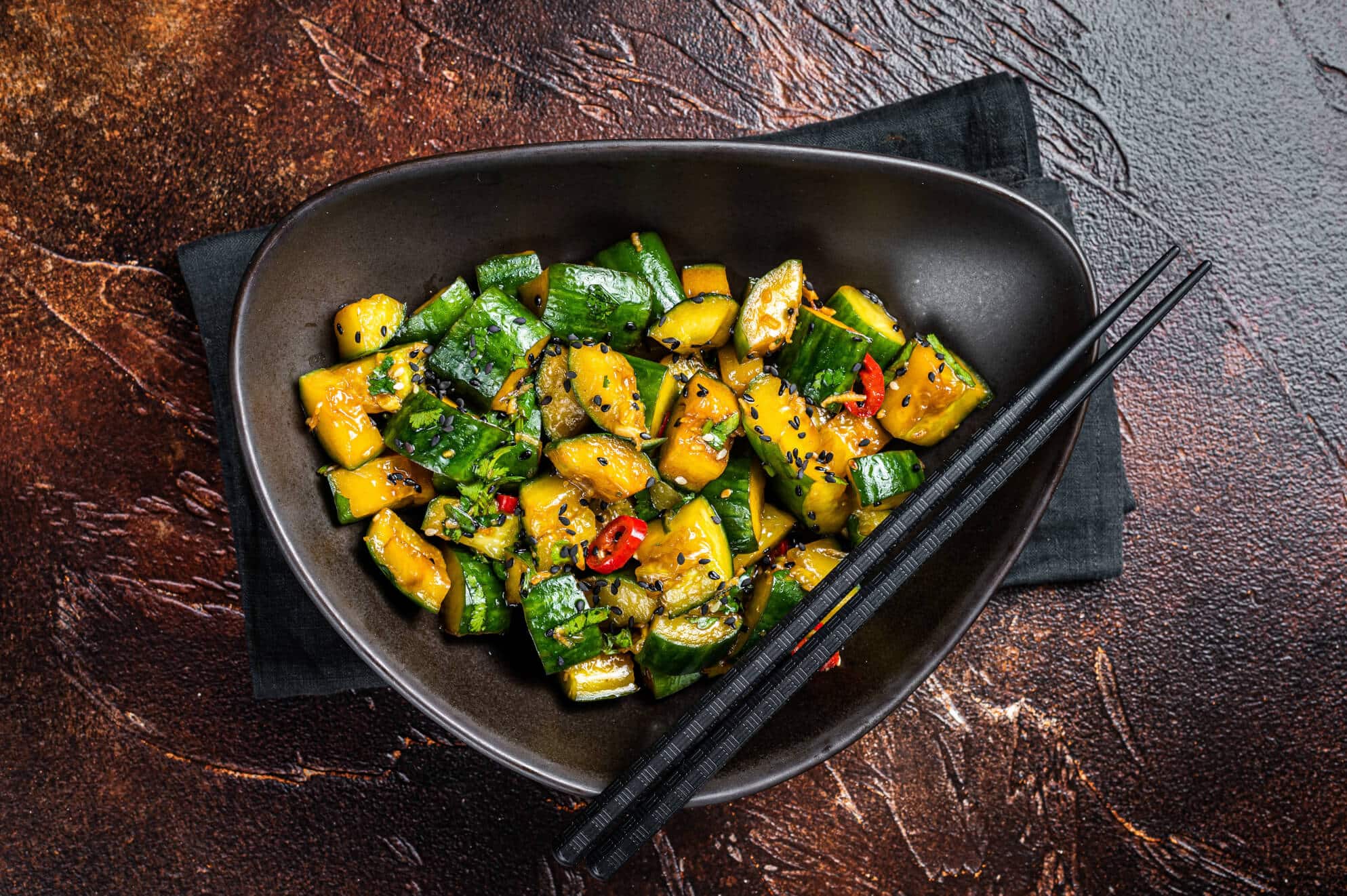Tips For Using Coconut Flour
An excellent grain free alternative for baking is coconut flour. This plant based flour is rich in fiber, healthy fat and protein. The dense yet light flour is a natural byproduct of coconut milk production. Because coconut flour is lighter and dryer in texture it doesn’t perform the same as conventional white flour. Therefore it’s best to keep a few techniques and special instructions in mind when using coconut flour.
If converting a recipe to use coconut flour you can not exchange grain based flour 1:1 with coconut flour. Coconut flour is very absorbent so you use less. A typical conversion is about 1/3 the amount of coconut flour for the amount required of grain based flour. Also, since coconut flour is dryer it’s best to add extra eggs and be sure to thoroughly mix ingredients so the flour gets evenly distributed. If you are trying coconut flour for the first time it’s wise to find a recipe that calls for this plant based flour verses converting a recipe on your own. Once you have tried baking and cooking with coconut flour a few times then you will have a better feel for the proper conversion ratio. Watch the Clearly Organic blog for recipes that specifically call for coconut flour.
Related Blogs
-

Salute North Township Veterans Round Table and Veterans Impact Services/Operation Charlie Bravo…
The next time you thank a veteran for their service to our country, it may help to acknowledge that you…
-

Support the Cancer Resource Center in its mission of care and hope…
A cancer diagnosis can be overwhelming, filled with uncertainty and emotions. In times such as these, the support of family,…
-

Food is Medicine: Eat Your Water – The Best Hydrating Foods for…
The average human can last up to weeks without eating any food. On the other hand, a completely healthy person…






